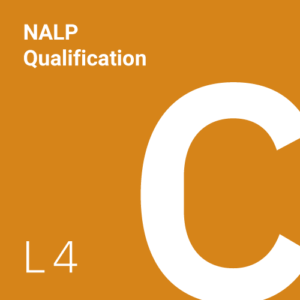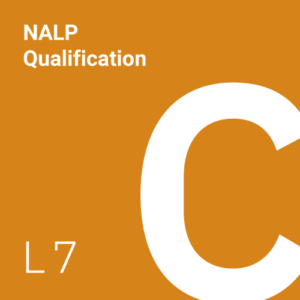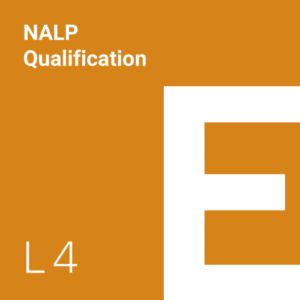- CPD Courses
- NALP Paralegal Qualifications
- Level 3 qualifications
- L3 Certificate for Paralegal Technicians
- L3 Introduction to Law for Paralegals
- L3 Legal Ethics and Responsibilities for Paralegals
- L3 Wills and Succession for Paralegals
- L3 Civil Litigation for Paralegals
- L3 Criminal Litigation for Paralegals
- L3 Commercial Law for Paralegals
- L3 Conveyancing for Paralegals
- L3 Employment Practice for Paralegals
- L3 Consumer Rights and Remedies for Paralegals
- Level 4 qualifications
- NEW Level 4 Certificate for Associate Paralegals
- L4 English Legal System – Single Unit
- L4 Contract Law – Single Unit
- L4 Law of Tort – Single Unit
- L4 Criminal Law – Single Subject
- L4 Wills, Intestacy & Family Provision – Single Unit
- L4 Civil Litigation – Single Unit
- L4 Criminal Practice – Single Unit
- L4 Matrimonial & Civil Partnerships – Single Unit
- L4 Conveyancing – Single Unit
- L4 Succession – Single Unit
- Level 5 Diploma for Senior Associate Paralegals
- Level 7 qualifications
- How to choose
- Comments from our Learners
- FAQ
- Recognition of prior learning
- FAQ
- About
- News
- Contact
L3 Criminal Litigation for Paralegals
In this qualification, you’ll gain detailed knowledge into the key aspects of criminal litigation and criminal litigation procedure in Magistrates’ Court and the Crown Court from arrest to trial.
You’ll be able to demonstrate the principles of professional conduct in criminal litigation, through learning key skills and being able to interpret legal language.
The aim of the qualification is to provide you with detailed knowledge of key aspects of criminal litigation. You will understand the criminal litigation procedure in the Magistrates’ Court and the Crown Court from arrest to trial.
In addition you will know the funding mechanisms available for criminal litigation matters. You will also understand the professional conduct requirements when dealing with criminal litigation, and the role of a Paralegal in this area of law.
The skills developed by you include: the ability to identify and use factual, procedural and theoretical understanding to complete tasks and address well-defined but complex or non-routine issues; time management to include taking responsibility for initiating and completing tasks; the ability to exercise autonomy and judgement within a given scenario; the ability to use and interpret legal language.
Learning Outcomes
- Understand police powers in the investigation and detection of crime
- Demonstrate an understanding of the principles of professional conduct in criminal litigation
- Know in detail the classification of criminal offences and the criminal procedure that flows from each
- Identify and describe the functions and jurisdiction of the Magistrates’ Court and the Crown Court
- Thoroughly understand the mode of trial proceedings
- Understand the pre-trial function and procedures for the disclosure of evidence
- Understand the scope of funding for criminal matters
- Understand the sentencing process
What's included
- All course material
- Assignment and test marking
- Full tutorial support
- Certificate on completion
Entry requirements
These qualifications are designed to be offered to learners from the age of 16, although in practice the majority of learners are likely to be over 18.
NALP does not specify entry requirements other than that a reasonable standard of written English is required. However Centres delivering this course are required to ensure that learners who undertake these programmes have sufficient capability at the right level to be suitable to undertake the Level 3 assessment.
Please Note: The NALP Level 3 Qualifications are only available in English.
Assessment
Assignments can be requested when you are ready, and once requested and sent, you will have a 4 week period in which to complete the assignment and return by the due date.
Tutors are on hand to answer any queries that you may have and give unlimited help and guidance if there is anything that you may not fully understand with regard to the material.
Qualification
This is a single unit qualification
Compulsory units
Study type
Distance learning


